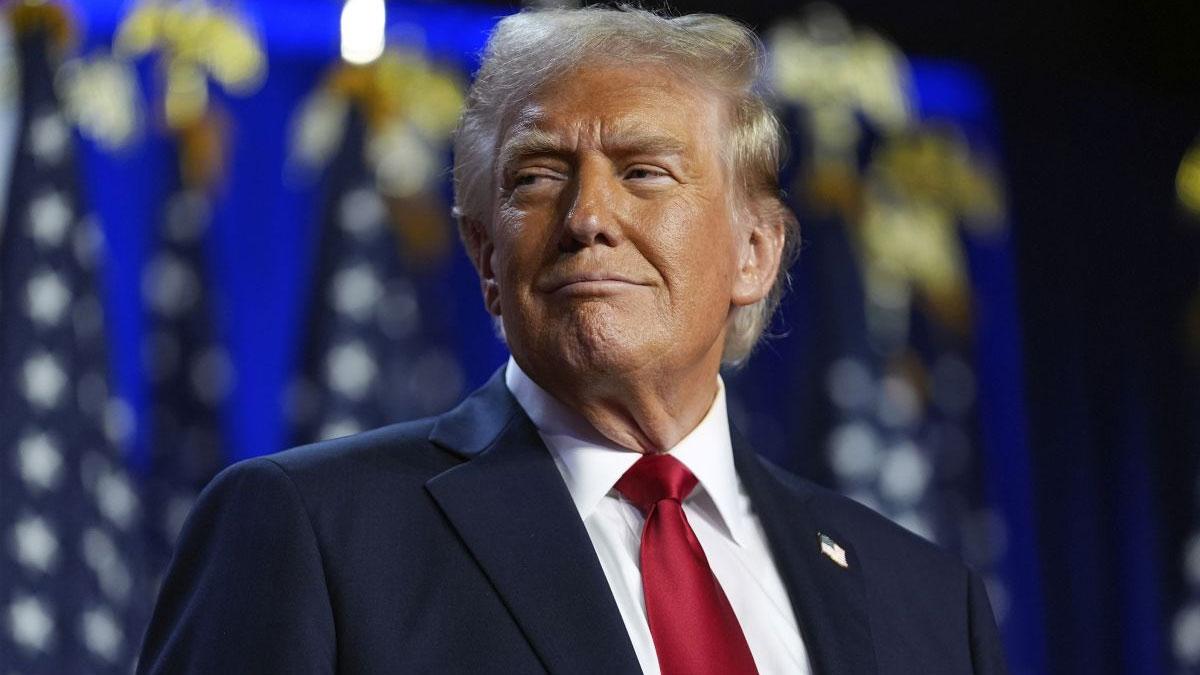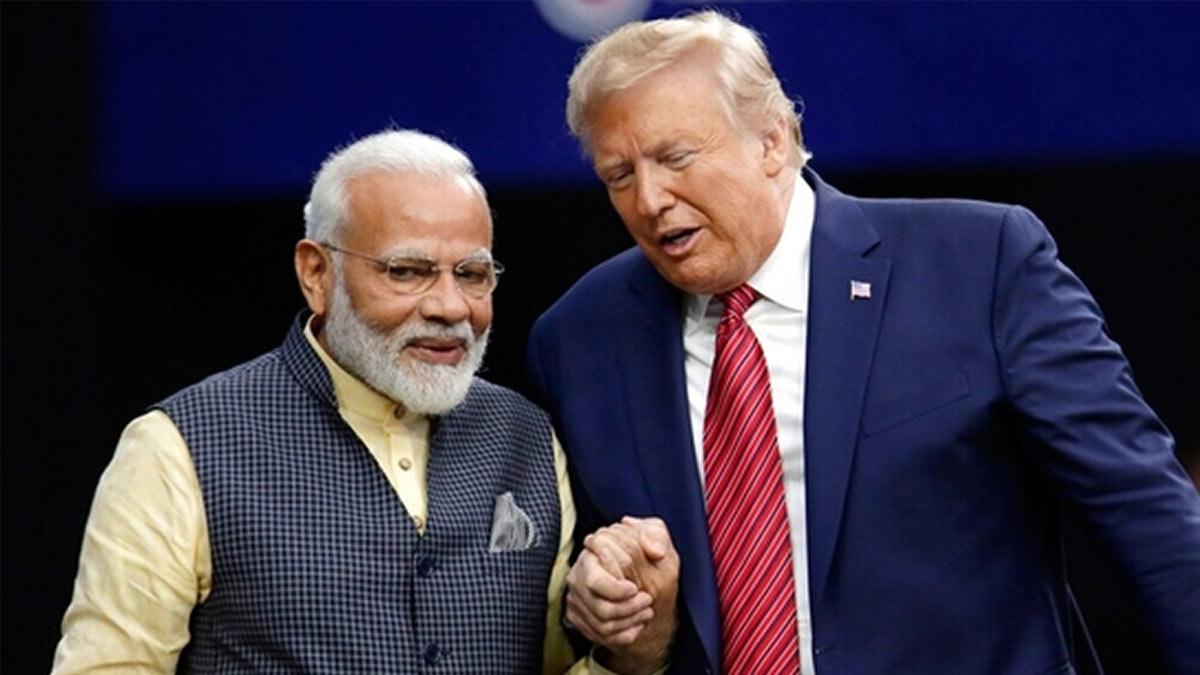Only one day after praising Pakistan for its assistance in a counterterrorism operation, US officials announced the administration is planning to introduce a new travel ban that may bar Pakistani nationals from entering the United States.
As reported by Reuters, the travel ban, including Afghanistan, is the result of a government evaluation of security and vetting practices across countries. The new policy should be rolled out as early as next week.
Under this directive, Trump's cabinet was instructed to come up with a list of countries by March 12, determining those in which travel must be suspended partially or completely because of poor screening and vetting procedures. In addition to Pakistan and Afghanistan, other countries can also be impacted by the ban, according to Reuters.
In his opening speech before Congress on Tuesday, Trump recognized Pakistan's assistance in the arrest of Taliban terrorist Mohammad Sharifullah, who, according to the U.S., plotted the 2021 Kabul airport attack against American forces.
"And I'd like to especially thank the Pakistan government for assisting in arresting this monster. It was a really historic day for those 13 families, a majority of which I actually became very close with, whose kids were killed, and for many of the individuals who were so severely hurt on that fateful day in Afghanistan," said the U.S. President.
In response to Trump's statement, Pakistani Prime Minister Shehbaz Sharif was thankful, viewing the acknowledgment as a positive indication of deepening relations between Islamabad and Washington.
"We will keep working closely with the United States in bringing regional peace and stability," Sharif said on Wednesday, immediately after Trump's statement, confirming that Sharifullah was on his way to the United States.
Historically, relations between U.S. and Pakistan have remained tense over suspicions of Islamabad supporting the Taliban rule in Afghanistan—in charges that Islamabad has repeatedly repudiated.
On his inauguration on January 20, Trump signed an executive order strengthening the security vetting of foreign visitors to the United States in order to block probable national security risks.
In his first term as president in 2017, Trump issued a travel ban on seven Muslim-majority countries—Iran, Iraq, Libya, Somalia, Sudan, Syria, and Yemen. It was later abolished by his successor, Joe Biden.
Read also| Trump Halts Tariff Increases on Select Mexican Imports


















